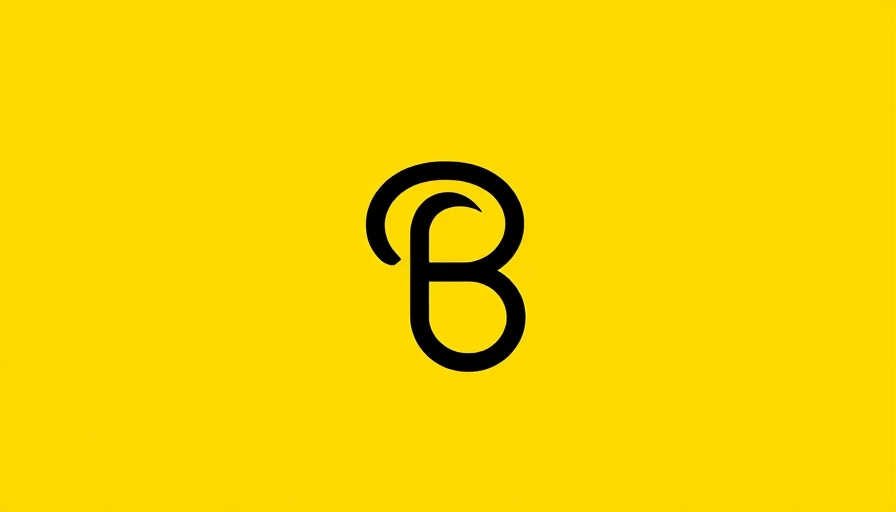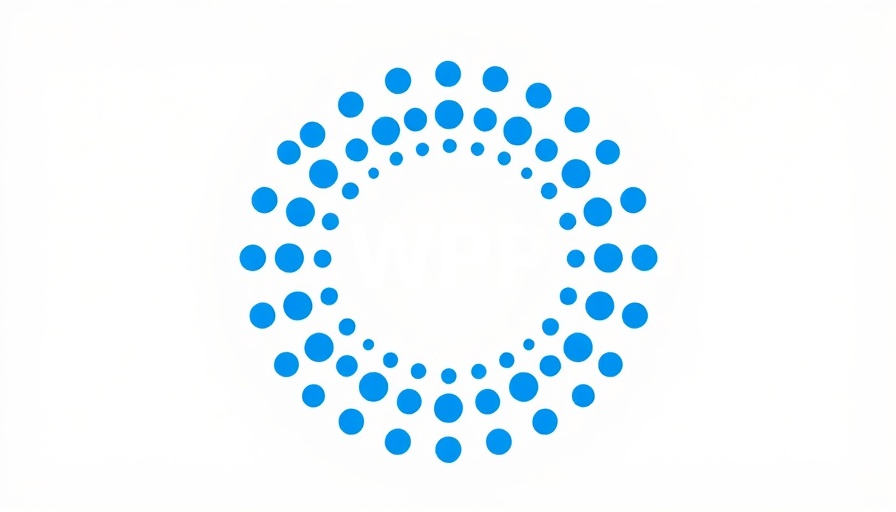
Broadcast and Cable News Outlets Unite for Press Freedom
In a striking display of solidarity, nearly 40 prominent news organizations have come together to support the Associated Press (AP) amid escalating tensions with the Trump administration. The AP has recently faced significant restrictions, including being barred from White House events and from boarding Air Force One. This retaliation stems from the AP’s refusal to adopt the administration’s preferred term, “Gulf of America,” for the body of water typically known as the Gulf of Mexico.
Among the signatories of the confidential letter from the White House Correspondents’ Association (WHCA) are major outlets like ABC News, NBC News, CBS News, CNN, and even Newsmax. The letter articulated a profound concern regarding the First Amendment, emphasizing that punitive measures against the AP for its editorial choices amount to a serious breach of constitutional protections. The collective assertion is clear: the government must not control or retaliate against the independent editorial judgments of news organizations.
A Constitutional Standoff
The AP’s struggle to maintain its editorial independence has drawn broader attention to the issue of press freedom in the current political climate. White House press secretary Karoline Leavitt justified the bans by accusing the AP of spreading “lies,” directly linking the legitimacy of a news organization’s access to its adherence to administration-friendly language.
This incident has raised critical questions about federal authority over the free press and whether current practices violate First Amendment protections. AP executives have responded forcefully, contending that the government's actions constitute viewpoint discrimination, which is fundamentally at odds with First Amendment principles.
Join the Conversation
The issue resonates well beyond the AP, reflecting an alarming trend where government entities assert control over media narratives. As evidenced by statements from Newsmax, media outlets fear that a precedent could be set, potentially leading to further restrictions on journalistic freedom based on partisan disagreements.
Reflecting on historical instances, this isn't the first time we’ve seen media outlets unite against government encroachments. In 2009, similar solidarity emerged among networks regarding access issues when the Obama administration attempted to exclude Fox News from specific press events. Such scenarios underscore the significance of unfettered press access as an essential factor for our democracy.
Broader Implications for Media
What’s at stake here is not just the access of one organization but the very principle of press freedom itself. The collaborative efforts of these news organizations, including the letter initiated by the WHCA, demand a restoration of the AP’s pool participation, a critical component for journalistic integrity and accountability.
The combined letter, also backed by members of the Reporters Committee for Freedom of the Press, emphasizes that limiting access based on editorial content undermines the societal role of journalism in informing the public and holding the government accountable. Insisting that these restrictions be lifted, the letter highlights the ramifications of such actions not only on the AP but on the media landscape as a whole.
Future Considerations: A Shift in Media Dynamics?
As executive-level decision-makers reflect on these media-related issues, the implications extend beyond journalism. They touch upon a critical juncture in governance, accountability, and the rights afforded to information dissemination in a democracy. The potential for government to dictate media terminology can challenge the ethical frameworks corporate leaders rely on, particularly as AI and technology redefine media landscapes.
Executives in mid-to-large-sized companies, particularly those exploring AI's integration into their strategies, must navigate these ramifications. The ongoing conflict between the White House and the AP illustrates the delicate balance between operational goals and adherence to constitutional values—especially in environments increasingly dictated by narrative control and information dissemination.
Taking Action
This episode serves as a vital reminder to uphold First Amendment rights within the media and beyond. Understanding the implications of press freedom and supporting initiatives to protect it is crucial for anyone engaged in leadership roles. Advocate for accountability, stay informed about media rights, and support organizations standing against undue governmental influence over journalistic practices.
 Add Row
Add Row  Add
Add 




Write A Comment